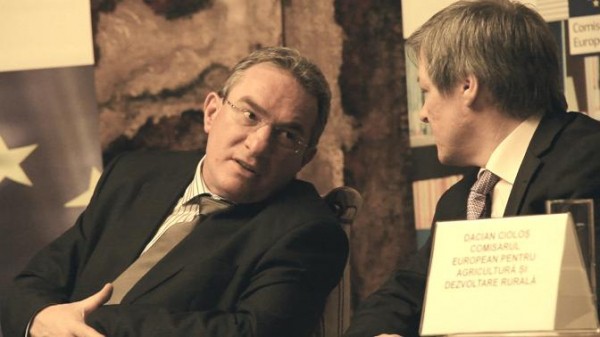On yesterday’s “Citizenship and Dialogue in Europe” conference opening held at Bucharest, which was the first of many events in Romania which mark the European Year of Citizenship, Iuliu Winkler voiced his opinion that currently the EU is not only dealing with an economic crisis, but also with a just as profound and dangerous identity crisis.
“We are in the middle of a European identity crisis. Quite frankly, not only did we not succeed in building a European identity, but we have also never really tried. A few weeks ago, British Prime Minister David Cameron clearly stated that there is no European demos. Nevertheless, there are contradicting opinions as well”, said the European deputy. He further added, that a creation of a textbook about the history of the European project which would be taught int he schools of every member state of the EU would be one of the constructive elements of an European identity.
“Being young is not a virtue, but a joy. I’m trying to imagine what it would be like to be a young person born in 1990. I would be 23 years old now and, drawing on my experience of with young people, I can confidently affirm that I would be clueless regarding what happened in Romania in the 70’s or 80’s. So I wonder what kind of knowledge the young Romanian has about the Treaty of Rome, the Coal and Steel Community, the first steps of the EU, or the political compromises and efforts that have been made to create a unitary European currency”, stated Winkler, European Deputy for DUHR. In his opinion, it is impossible to fully comprehend the Union or the crisis it is now facing without any remote awareness of the history and processes behind its construction. According to Winkler the textbook should cover every significant event which contributed to the establishment of the EU from the first day of peace after World War II until today. “I think we should launch a project in Romania to create a textbook from a communitarian and not a national perspective” said the MEP who also expressed his desire to create a political union on a European level. “I believe in the idea of a political union, or what is also called the United States of Europe. Together we are much stronger than we would ever be separately” added Winkler.








